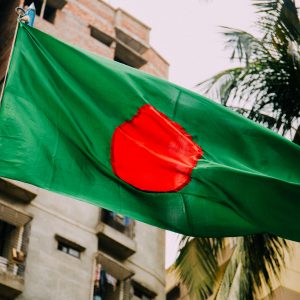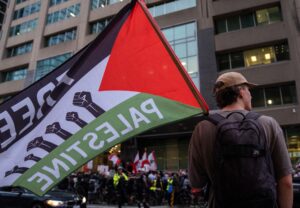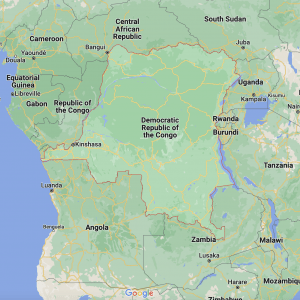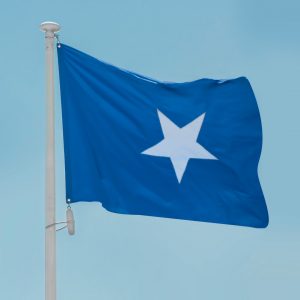Israel takes over Gaza-Egypt border strip
Rafah, Palestinian Territories – AFP
Rafah residents reported intense artillery shelling and gunfire Thursday in Gaza’s far-southern city after Israel said it had seized a strategic corridor on the Palestinian territory’s border with Egypt.
The Israeli military launched its incursion into Rafah in early May despite international objections over the fate of Palestinian civilians sheltering there.
A strike over the weekend that killed dozens in a displacement camp drew a wave of fresh condemnation, including a social media campaign with the slogan “All eyes on Rafah” that has been shared by tens of millions of users.
Israel said on Wednesday its forces had taken over the 14-kilometre (8.5-mile) Philadelphi corridor on the Gaza-Egypt border.
Egypt, a longtime mediator in the conflict which has become increasingly vocal in its criticism of the Israeli operation, has rejected claims of smuggling tunnels running beneath the buffer zone.
“Israel is using these allegations to justify continuing the operation on the Palestinian city of Rafah and prolonging the war for political purposes,” a high-level Egyptian source was quoted as saying by state-linked Al-Qahera News.
Egyptian officials have said a potential Israeli takeover of Philadelphi could violate the two countries’ landmark 1979 peace deal, though there has been no official comment from Cairo since the military’s announcement.
At least five people were killed in bombardment near an aid warehouse in east Rafah.
Nasser hospital in nearby Khan Yunis said at least “four martyrs were brought to the facility following a bombing” in west Rafah.
Witnesses also said Israeli forces had demolished several buildings in the city’s eastern areas where the Israeli incursion began on May 7, initially focusing on the vital Rafah border crossing, a key entry point for humanitarian aid.
– UN draft resolution –
An AFP correspondent reported artillery and gunfire in the Gaza City neighbourhood of Zeitun, in the territory’s north, where witnesses saw thick plumes of smoke rising over Jabalia refugee camp and Beit Lahia.
A steady stream of civilians have fled Rafah, transporting their belongings on their shoulders, in cars or on donkey-drawn carts.
Before the Rafah offensive began, the United Nations said up to 1.4 million people were sheltering there. Since then, one million have fled the area, the UN agency for Palestinian refugees, UNRWA, has said.
The weekend Israeli strike and ensuing fire, which tore through the camp for displaced Palestinians in Rafah, killed 45 people, according to Gaza officials and has prompted two days of discussions at the UN Security Council.
In the wake of the strike, Algeria presented a draft UN resolution that “demands an immediate cease-fire respected by all parties” and the release of all hostages, but it was not clear when it would be put to a vote.
In a phone call with Palestinian president Mahmud Abbas on Wednesday, France’s Emmanuel Macron said Paris was “determined to work with Algeria” to ensure the council “makes a strong statement on Rafah”.
He also called on Abbas to “implement necessary reforms”, offering the “prospect of recognition of the State of Palestine”.
Decisions by Spain, Norway and Ireland to formally recognise the State of Palestine this week have sparked a debate over the issue, and Macron said recognition should take place at a “useful moment”.
– ‘Red lines’ –
The United States has been among those nations urging Israel to refrain from a full-scale Rafah offensive because of the risk to civilians.
However, the White House said Tuesday that so far it had not seen Israel cross President Joe Biden’s “red lines”.
The Israeli seizure of the Rafah crossing has further slowed sporadic deliveries of aid for Gaza’s 2.4 million people and effectively shuttered the territory’s main exit point.
The Gaza health ministry on Thursday called to “open the… crossings and facilitate the exit of the sick and the wounded for treatment abroad”.













